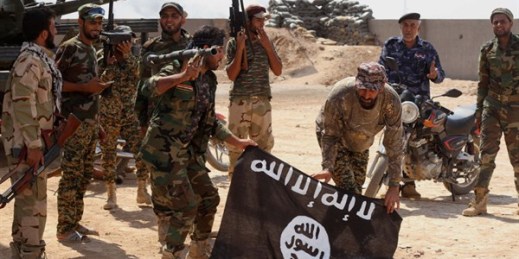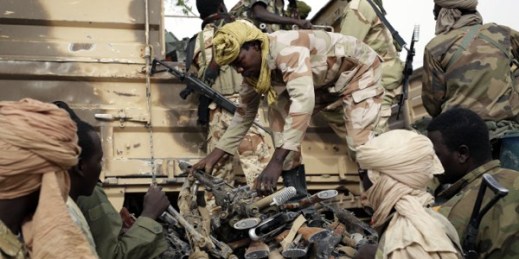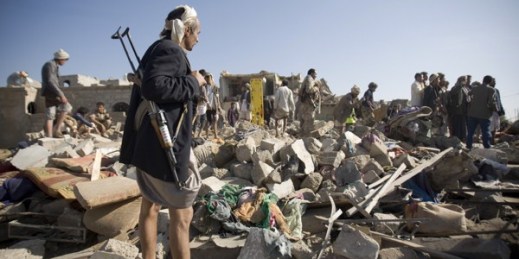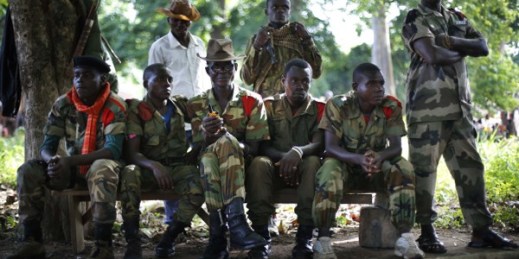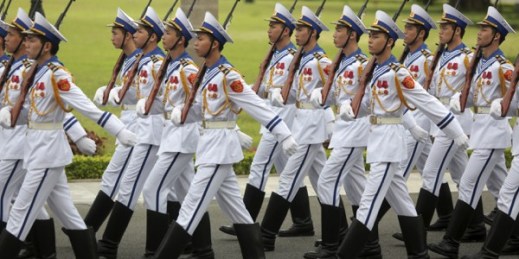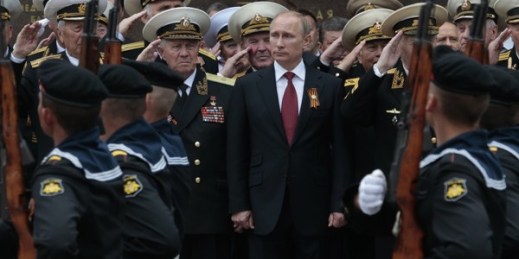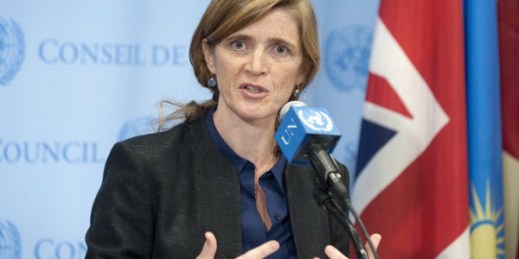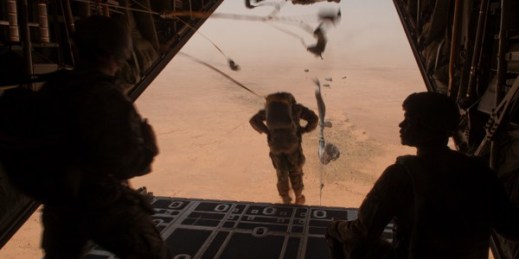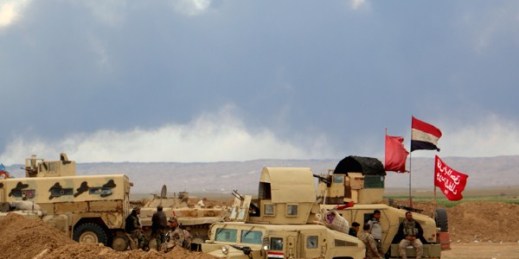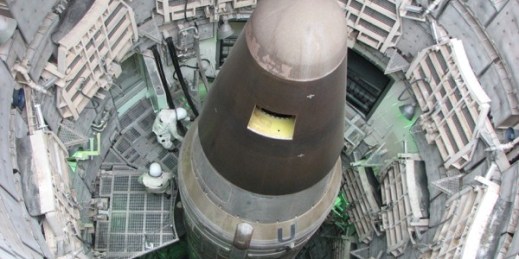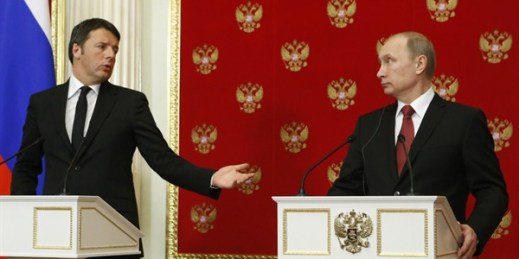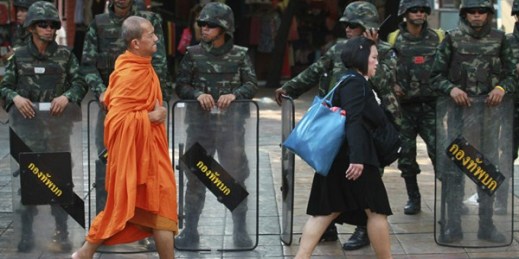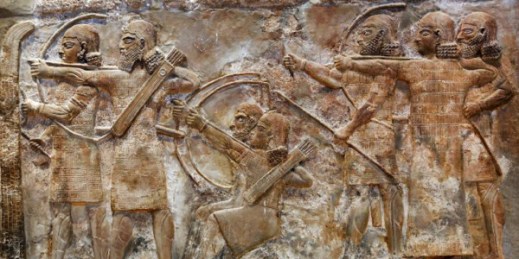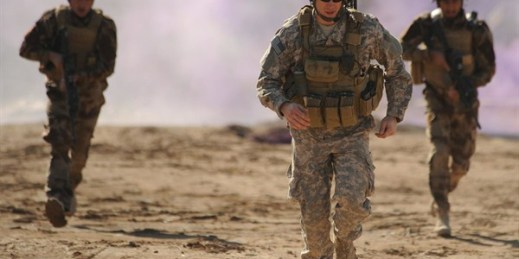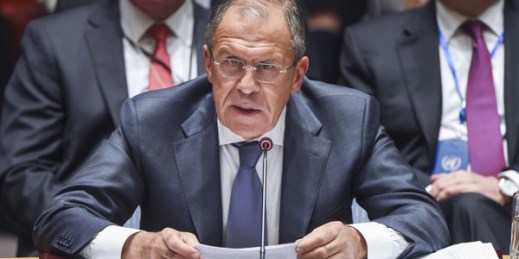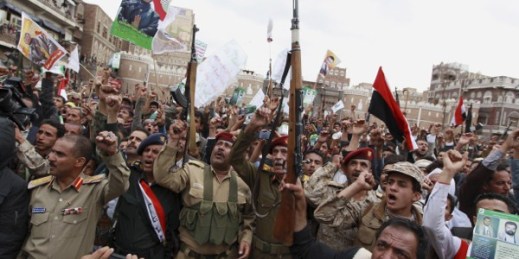
For almost a week now, fighter jets from a coalition of Sunni Arab militaries have been bombarding military installations across Yemen as part of a Saudi-led campaign to dislodge the Houthis, a religious revivalist movement for the Zaydi form of Shiite Islam largely unique to northern Yemen that has now become a fearsome militia. Yet even as Operation Resolute Storm, as the Saudis have dubbed the campaign, has intensified, the Houthis have continued to push on into the south of the country. The group’s spokesmen have even threatened to launch a campaign in Saudi Arabia, which shares a 1,100-mile border […]

